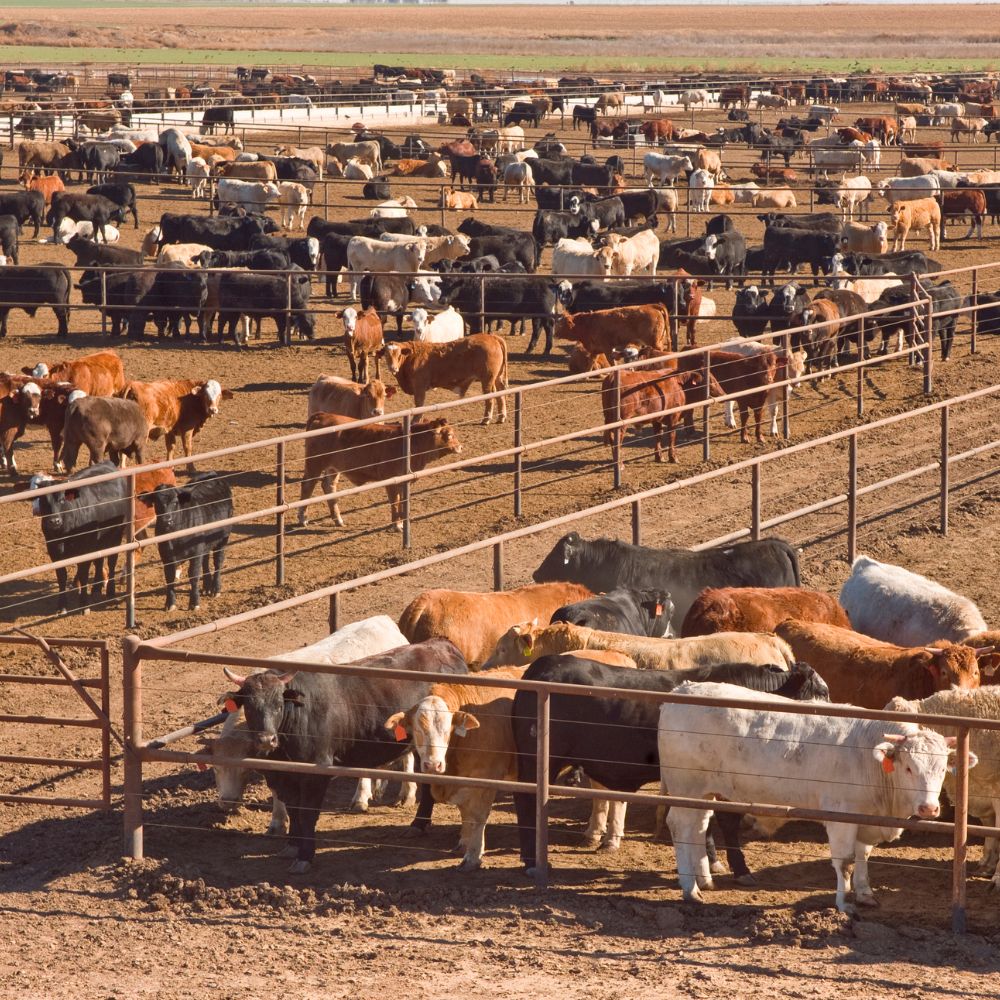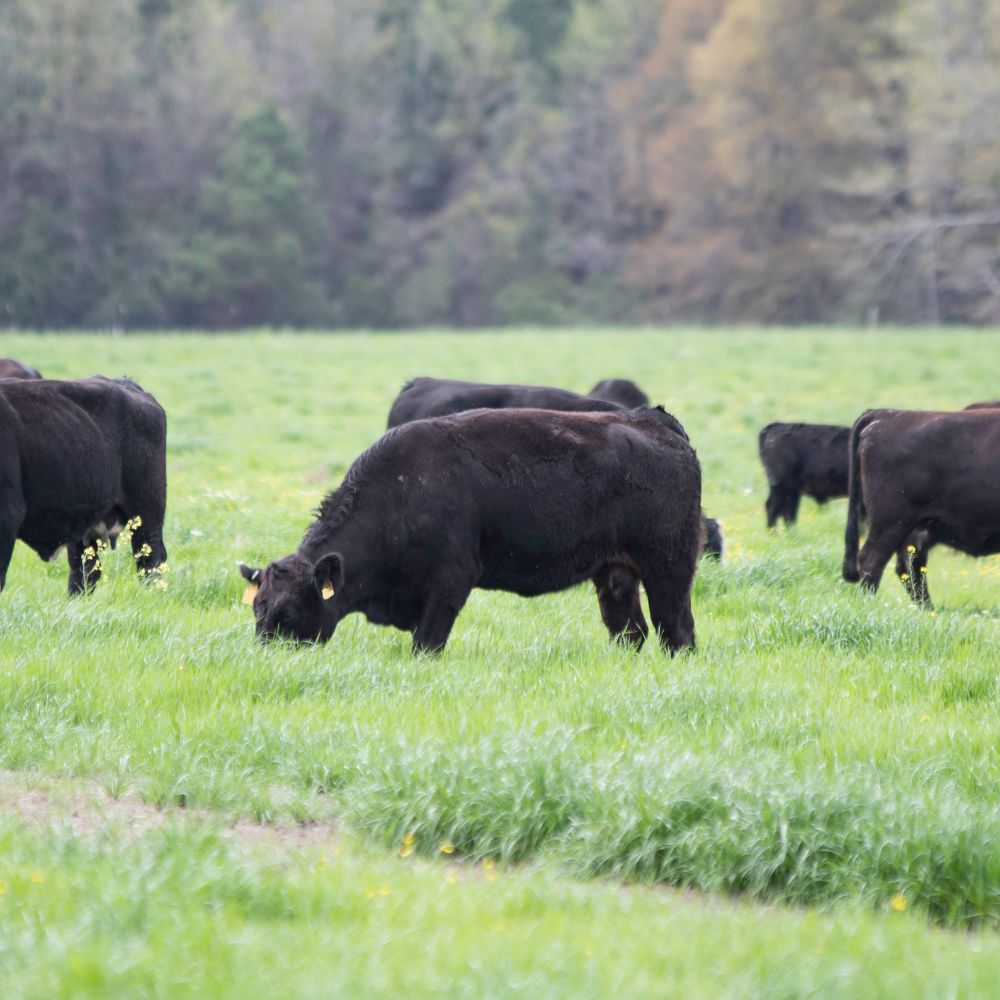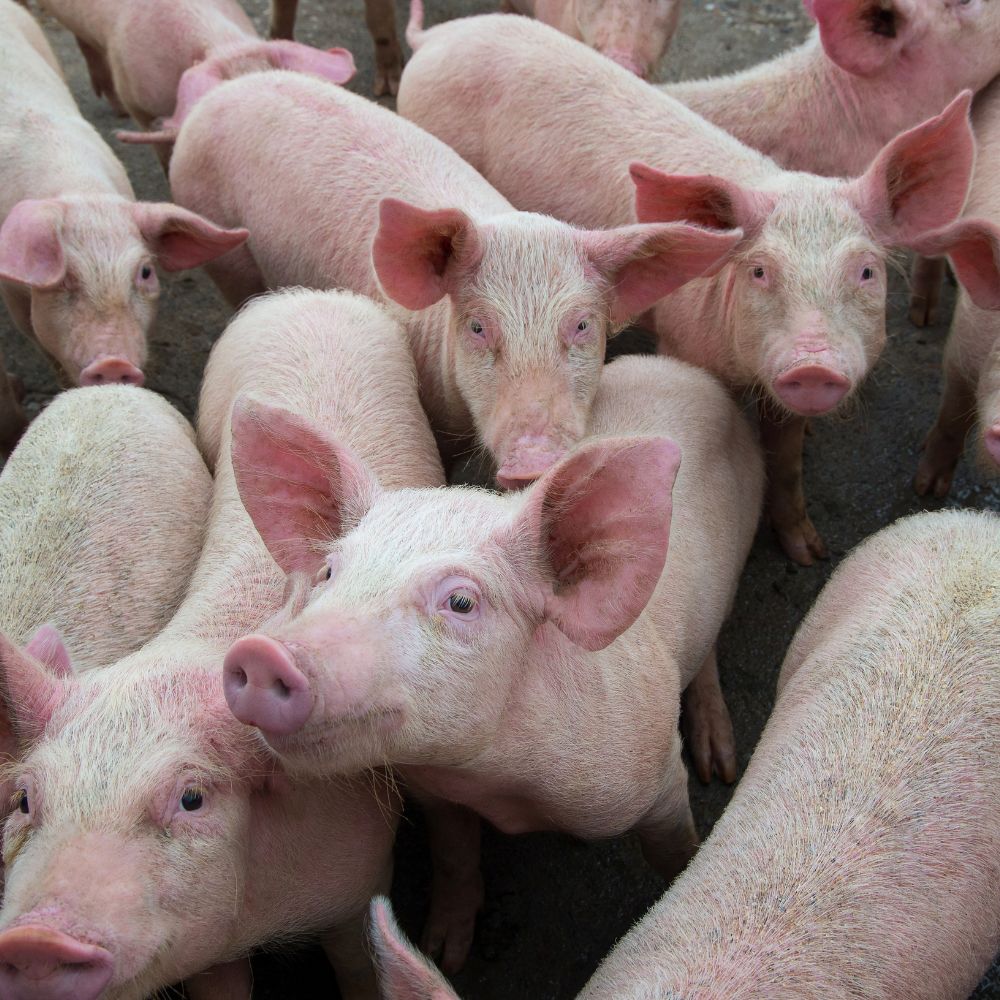Some Ideas on Bagley Risk Management You Need To Know
Animals Risk Security (LRP) is a USDA subsidized insurance program that helps protect manufacturers from the threats that come from market volatility. With LRP, producers are able to insure a floor cost for their cattle and are paid an indemnity if the market worth is less than the insured rate.
This item is meant for. Livestock risk protection insurance.
Unknown Facts About Bagley Risk Management

In the last number of months, numerous people at FVC and PCM have obtained inquiries from manufacturers on which danger monitoring tool, LRP vs. Futures, is better for a pork manufacturer? Like a lot of devices, the response depends on your procedure's objectives and scenario. For this version of the Dr.'s Edge, we will take a look at the situations that tend to prefer the LRP tool.
In Mike's evaluation, he compared the LRP calculation versus the future's market close for each and every day of the past two decades! The percentage revealed for each and every month of the offered year in the initial area of the table is the portion of days in that month in which the LRP estimation is less than the futures close or simply put, the LRP would potentially indemnify greater than the futures market - https://www.pubpub.org/user/andrew-bagley. (LRP insurance)
As an instance, in January 2021, all the days of that month had LRP potentially paying greater than the futures market. Alternatively, in September 2021, all the days of that month had the futures market potentially paying greater than LRP (absolutely no days had LRP lower than futures close). The tendency that dawns from Mike's analysis is that a SCE of a LRP has a higher chance of paying a lot more versus futures in the months of December to Might while the futures market has a greater likelihood of paying a lot more in the months of June to November.
The Best Guide To Bagley Risk Management

As an instance, in 2019, LRP was far better or within a $1. Table 2 portrays the typical basis of the SCE LRP calculations versus the future's close for the offered time structures per year.
Once more, this information supports extra chance of an SCE of a LRP being better than futures in December via May for a lot of years. As an usual care with all evaluation, previous performance is NO assurance of future performance! Also, it is important that producers have accounting procedures in place so they know their expense of production and can much better figure out when to utilize danger management devices.
The 20-Second Trick For Bagley Risk Management
Some on-farm feeders may be considering the need for cost defense currently of year on calves retained with the intent to feed them to a finish weight at some time in 2022, using offered feed sources. Despite solid fed cattle costs in the current local market, feed expenses and existing feeder calf values still make for tight feeding margins moving ahead.
The existing ordinary public auction rate for 500-600 pound steers in Nebraska is $176 per cwt. This recommends a break-even price of $127. The June and August live cattle agreements on the CME are presently trading for $135.
Cattle-feeding business tend to have tight margins, like lots of farming enterprises, due to the competitive nature of the organization. Livestock feeders can bid extra for inputs when fed cattle prices increase. https://www.pubpub.org/user/andrew-bagley. This enhances the rate for feeder cattle, particularly, and somewhat boosts the costs for feed and various other inputs
Bagley Risk Management - An Overview
Regions far from significant handling centers often tend to have an unfavorable basis. It is essential to note that local results likewise affect basis values for 500-600 extra pound guides in the loss. Nebraska livestock are close to major handling centers. Therefore, basis declares or no on fed livestock throughout much of the state.
Just in 2020 did the LRP protection cost exceed the finishing value by sufficient to cover the premium cost. However, the web impact of having this LRP protection in 2019-20 was considerable, including $17. 88 per cwt. to the bottom line. The outcome is a positive typical net result over all five years of $0.
37 The producer costs declines at reduced insurance coverage levels however so does the coverage price. The result is a lower web result (indemnity premium), as coverage degree decreases. This reflects reduced efficient degrees of protection. Since producer costs are so low at lower coverage levels, the manufacturer loss ratios (indemnity/premium) rise as the insurance coverage level decreases.
What Does Bagley Risk Management Do?
In general, a manufacturer should consider LRP protection as a device to safeguard output price and subsequent profit margins from a threat monitoring standpoint. However, some manufacturers make a case for guaranteeing at the lower levels of protection by concentrating on the choice as a financial investment in threat administration protection.

Comments on “The Main Principles Of Bagley Risk Management”